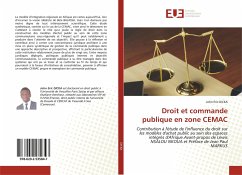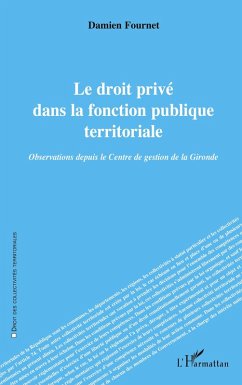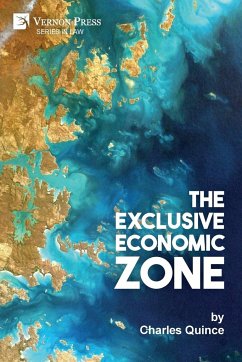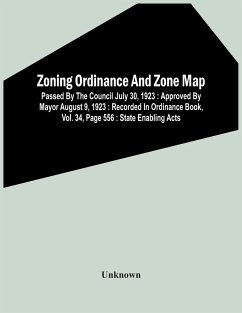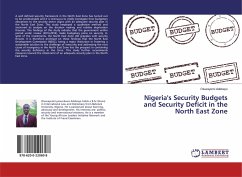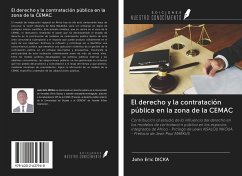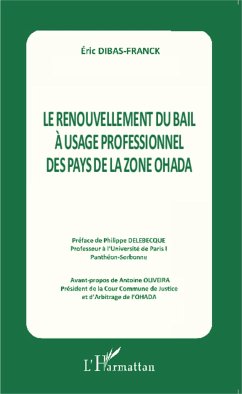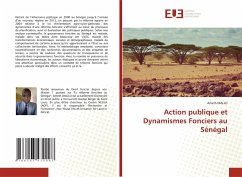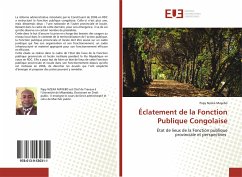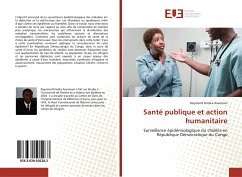
Droit et commande publique en zone CEMAC
Contribution to the study of the influence of the law on public procurement models within the integrated spaces of Africa - Foreword by Lewis NSALOU NKOUA - Preface by Jean Paul MARKUS
Versandkostenfrei!
Versandfertig in 1-2 Wochen
25,99 €
inkl. MwSt.

PAYBACK Punkte
13 °P sammeln!
The model of regional integration in Africa today is certainly far from embodying the idealistic vision of Bela BALASSA, but is nonetheless worthy of any scientific interest. This synthetic study, which focuses on the case of CEMAC, demonstrates this by revealing the role that the rule of law has played in the construction of public procurement models within this sub-regional community area and the impact that it can validly produce in achieving its objectives. It prompts reflection and thus contributes to identifying a legal concomitance benefiting a systemic implementation of public procurem...
The model of regional integration in Africa today is certainly far from embodying the idealistic vision of Bela BALASSA, but is nonetheless worthy of any scientific interest. This synthetic study, which focuses on the case of CEMAC, demonstrates this by revealing the role that the rule of law has played in the construction of public procurement models within this sub-regional community area and the impact that it can validly produce in achieving its objectives. It prompts reflection and thus contributes to identifying a legal concomitance benefiting a systemic implementation of public procurement management in a descriptive and prospective approach, displaying the particularity of this relatively young institution of more than twenty years. Between the legal means deployed, internal public policies and community objectives, public procurement has been managed in systems that have been able to develop and consolidate over time and that could, through consolidation initiatives, succeed in affirming a CEMAC model of public procurement that is specific and exemplary.



